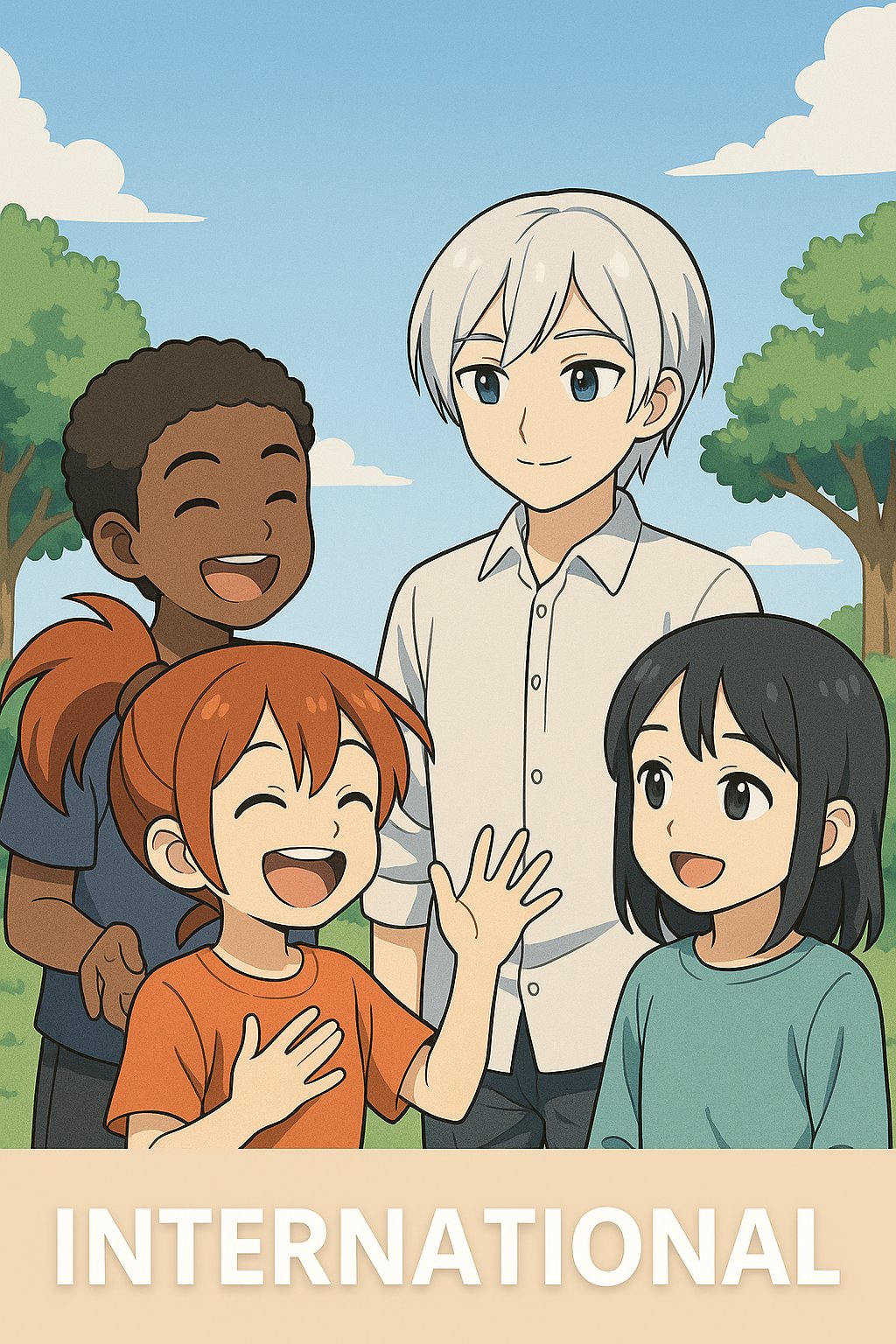📰 ニュースまとめ
ロシア軍では、脱走を試みた兵士に対する残虐な処罰が横行しており、兵士たちはこれを「ババヤガへのいけにえ」と呼んで恐れている。
ババヤガはスラブ民話に登場する人食い魔女を指し、ウクライナ軍の大型ドローンを暗示している。このような過酷な処罰の実態は、無線傍受やSNS動画を通じて明らかになっている。ロシア軍の兵士たちの間で、この慣行は恐怖の象徴となっている。
💬 チャコたちの会話に耳をすませてみると…
チャコ:
なんで国ごとに言葉が違うんだろ?
ログ:
言語は文化や歴史と密接に関わっているからな。それぞれの国が独自の背景を持っているってことだ。
チャコ:
なるほど、じゃあロシアの言葉もその国の歴史から来てるの?
ナヴィ:
はい、言語はその国の文化、伝統、社会構造を反映しています。ロシア語も例外ではありません。
ログ:
まさに、言語はその国のアイデンティティを形作る要素でもあるんだ。
チャコ:
そうなんだ!言葉って面白いね!
📝 管理人のひとこと
この記事では、ロシア軍における脱走兵への処罰の残虐さが描かれており、非常に衝撃的です。このような行為は、戦争の厳しさや兵士たちの恐怖を物語っています。チャコの質問から言語の多様性に話が広がりましたが、言葉は文化や歴史を反映する重要な要素です。戦争や国際的な問題を考える際にも、言語や文化の違いが影響を及ぼすことを忘れずにいたいですね。
この記事をシェアする:
🇬🇧 英語版を見る
Summary
In the Russian military, brutal punishments for soldiers who attempt to desert are widespread, and the soldiers refer to this as “sacrifices to Baba Yaga,” fearing the consequences.
Baba Yaga is a man-eating witch from Slavic folklore, which also suggests the presence of large drones used by the Ukrainian military. The harsh realities of these punishments have come to light through intercepted communications and videos on social media. Among Russian soldiers, this practice has become a symbol of terror.
Dialogue
This dialogue is fictional and based on the article.
Chako: I wonder why different countries have different languages?
Log: Language is closely tied to culture and history. Each country has its own unique background.
Chako: I see, so the Russian language also comes from the history of that country?
Navi: Yes, language reflects the culture, traditions, and social structure of a country. Russian is no exception.
Log: Exactly, language is also a key element in shaping a country’s identity.
Chako: That’s interesting! Language is fascinating!
Admin’s Note
This article depicts the brutal punishment of deserters in the Russian military, and it is very shocking. Such actions illustrate the harshness of war and the fears faced by soldiers. The conversation expanded from Chako’s question into the diversity of languages, highlighting that language is an important element that reflects culture and history. When considering war and international issues, we should not forget that differences in language and culture can have an impact.



コメント